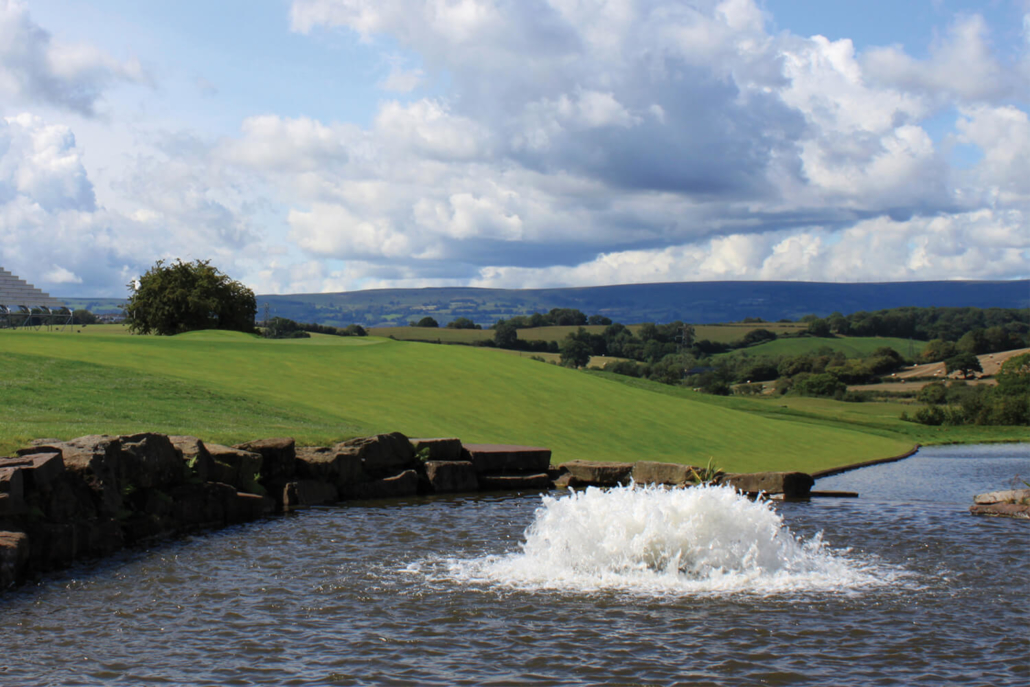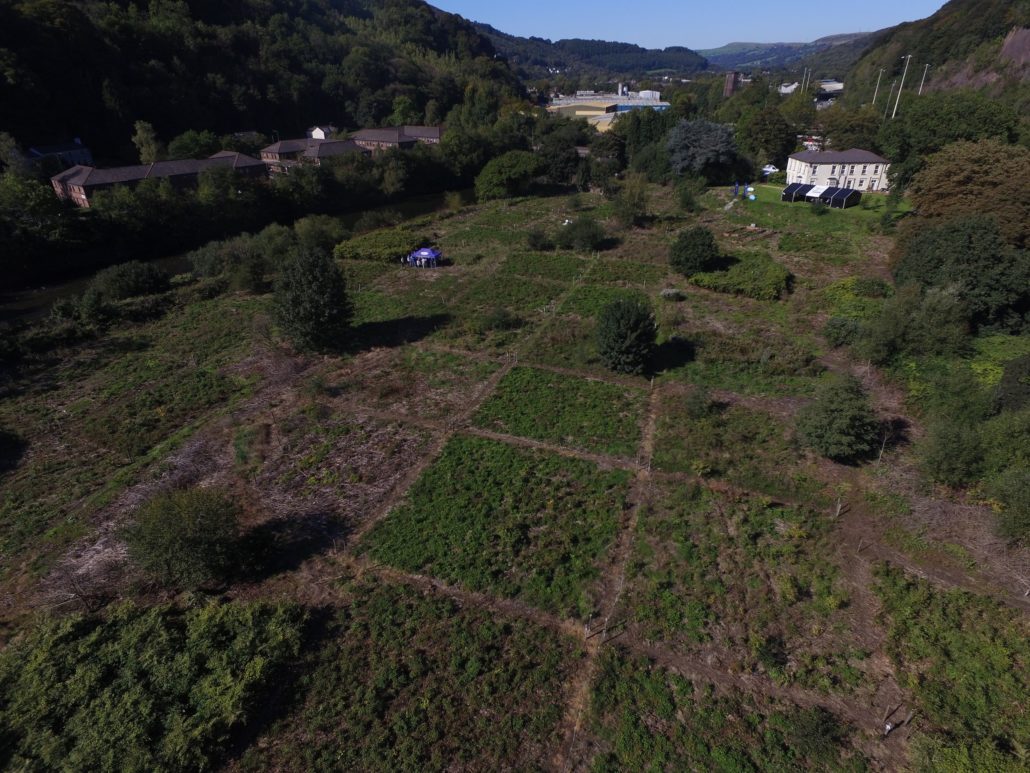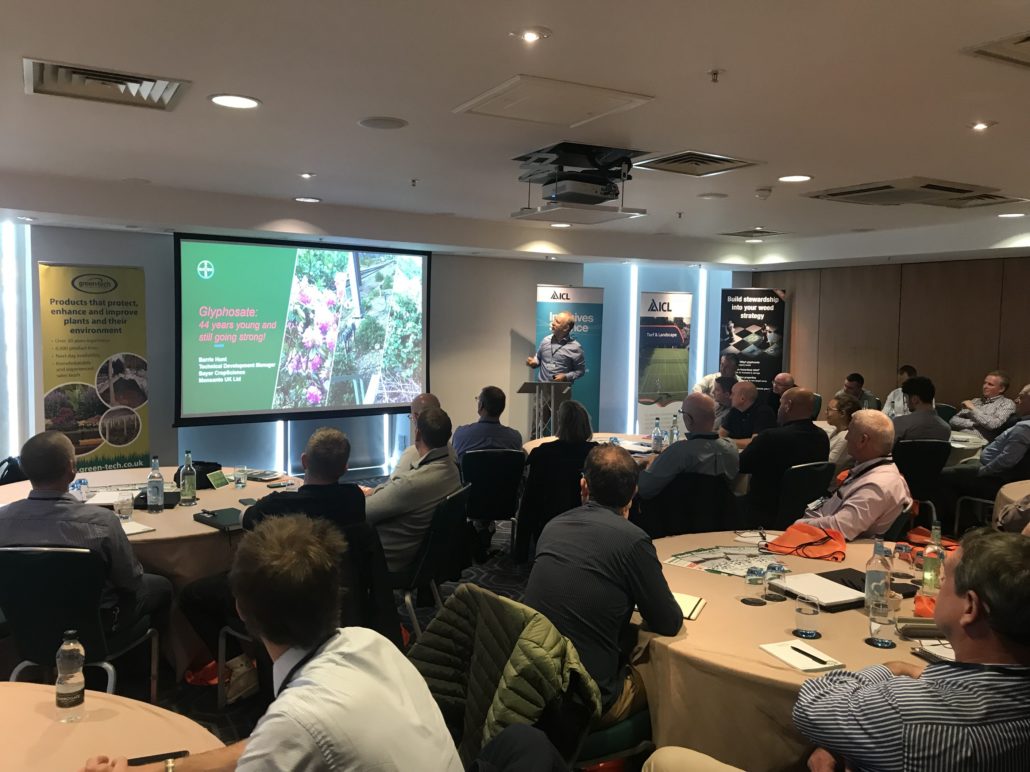The science behind healthy water
The science behind healthy water: Water management for clean, healthy water is critical. But how do you know your aerator is a sound investment, delivering the best aeration to tackle poor quality water? Otterbine explains how Oxygen Transfer Rates are essential.
The scientific measure of an aerator’s capability to supply oxygen to water is its ‘Oxygen Transfer Rate’. Defined by The American Society of Civil Engineers, it’s the gold standard for the measure of how much oxygen an aeration system transfers and for addressing all the reasons why aeration is needed.

The science behind healthy water
Any manufacturer serious about helping customers achieve a balanced ecosystem will provide oxygen transfer tests performed by an independent third party. Otterbine’s, for example, are tested by the University of Minnesota and Gerry Shell Environmental Labs, the results from which can be found online at otterbine.com.
Aeration helps with algae and aquatic weed control, reduces odours, eliminates chemicals, reduces phosphorus, eliminates fish kills, helps with the oxidation of iron and heavy metals, acts as a mosquito breeding deterent, benefits aquatic animal life and the ecosystem, prolongs the life of the pond/lake/reservoir and is great for public safety because aeration prevents diseases associated with stagnant water.
By simply adding dissolved oxygen to water, you are supporting the aerobic and oxidative processes of the water. The oxygen attaches to the phosphorus and converts it into an insoluble form, making it unavailable to plants as a nutrient.
So, by simply adding an aerator to the water, you are preventing all 10 reasons for poor quality, smelly, bug-infested, unappealing water – we promised you a hassle-free solution!
You may wonder how the Oxygen Transfer Rate of different aerators vary. Surface spray and diffused aerators are the most common and in terms of the amount of oxygen transferred that can range from 1.59lbs of oxygen per horsepower hour in 8ft of water from a diffused aerator to 3lbs of oxygen per horsepower hours regardless of depth from a surface spray aerator. Which one you choose depends on the size of the body of water you’re looking to aerate; just remember oxygen transfer rates are the key to success
There are experts in water management at Reesink Turfcare, UK Otterbine distributor, who will be happy to help guide you in the decision-making process. Contact Reesink on 01480 226800, email info@reesinkturfcare.co.uk or visit reesinkturfcare.co.uk
For the latest industry news visit turfmatters.co.uk/news
Get all of the big headlines, pictures, opinions and videos on stories that matter to you.
Follow us on Twitter and Instagram for fun, fresh and engaging content.
You can also find us on Facebook for more of your must-see news, features, videos and pictures from Turf Matters.


















